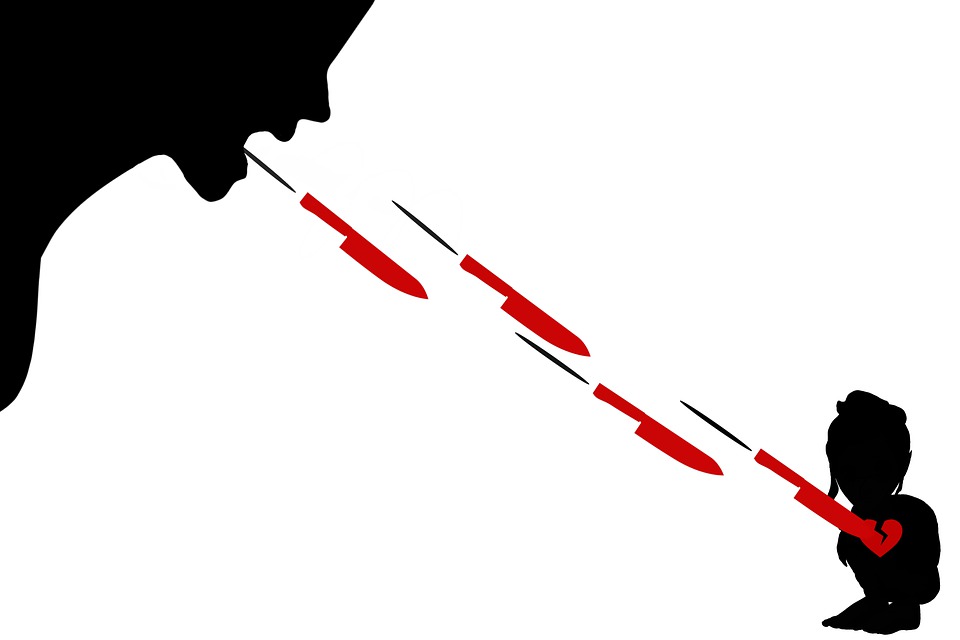
The long term effect of narcissistic abuse in a marriage: Is there a way out of this torture?
Long-term narcissistic abuse can have a severe and lasting impact on a marriage. The narcissistic partner may exert control over the other spouse, leading to a loss of autonomy and self-worth. Over time, the victim may feel trapped, isolated, and helpless.
The emotional abuse inflicted by a narcissistic partner can also cause significant psychological damage, such as depression, anxiety, and PTSD. The constant criticism and belittling can erode the victim’s self-esteem, leaving them feeling worthless and incapable of making decisions for themselves.
Moreover, the narcissistic partner may engage in manipulative behavior, such as gaslighting, which can distort the victim’s perception of reality and make them doubt their own memory and judgment. This can create a state of confusion and self-doubt, leading to further emotional distress.
In some cases, long-term narcissistic abuse can escalate into physical violence, which poses a serious threat to the victim’s safety and well-being.

So how can we know we are in a narcissistic relationship/marriage? Are these signs as obvious as we may think?
Here are some common examples of what to be paying attention to when experiencing narcissistic abuse. It depends on the spectrum of the type of narcissistic you are dealing with, just like many other illnesses out there, there are levels to be concerned about.
1. Emotional manipulation: A narcissistic partner may use emotional manipulation to control their partner’s behavior. They might use guilt-trips, emotional blackmail, or other tactics to get what they want.
2. Gaslighting: A narcissistic partner might try to make their partner doubt their own perceptions or memories. For example, they might say things like, “That never happened,” or “You’re overreacting.”
3. Constant criticism: A narcissistic partner may constantly criticize their partner’s appearance, behavior, or other aspects of their life. This can lead to feelings of inadequacy and low self-esteem in the victim.
4. Isolation: A narcissistic partner may try to isolate their partner from their friends and family. They might discourage their partner from spending time with others, or they might try to turn their partner’s loved ones against them.
5. Blame-shifting: A narcissistic partner may refuse to take responsibility for their own actions and instead blame their partner for everything that goes wrong in the relationship.
6. Withholding affection: A narcissistic partner may withhold affection or intimacy as a way to punish their partner or to manipulate them into doing what they want.
7. Sabotage: A narcissistic partner may intentionally sabotage their partner’s career, hobbies, or other interests as a way to maintain control over them.

Are there some symptoms we need to be familiar with when dealing with narcissistic abuse?
Identifying symptoms of narcissistic abuse syndrome may be more straightforward when observing it in others rather than in oneself. Narcissistic partners are adept at manipulating their partner’s emotions, thoughts, and actions, and their behavior can even affect the mental health of their children..
Here are some symptoms that a person may experience as a result of narcissistic abuse:
1. Low self-esteem: A person who has experienced narcissistic abuse may struggle with feelings of worthlessness, inadequacy, and low self-esteem.
2. Anxiety and depression: Narcissistic abuse can lead to anxiety and depression, as the victim may feel trapped, isolated, and powerless.
3. Trust issues: A person who has experienced narcissistic abuse may have difficulty trusting others, particularly in intimate relationships.
4. Emotional detachment: Victims of narcissistic abuse may become emotionally detached as a way to protect themselves from further harm.
5. Hypervigilance: A person who has experienced narcissistic abuse may be hypervigilant, constantly on guard for signs of danger or manipulation.
6. Chronic pain: Narcissistic abuse can lead to physical symptoms, such as chronic pain or headaches, as a result of the ongoing stress and anxiety.
7. Post-traumatic stress disorder (PTSD): In severe cases, narcissistic abuse can lead to PTSD, which can cause flashbacks, nightmares, and other symptoms associated with trauma.
8. Self-blame: Victims of narcissistic abuse may blame themselves for the abuse they have experienced, leading to feelings of shame and guilt.
These symptoms can vary in severity and duration depending on the individual and their specific experiences of narcissistic abuse.

If a friend is dealing with a narcissistic partner, can you recognize the signs and offer help?
If you suspect that a friend is dealing with a narcissistic partner, there are several signs to look out for that may indicate that your friend is being abused:
1. Your friend seems unhappy or stressed all the time, and may seem anxious or depressed.
2. Your friend’s partner seems to control them, either by telling them what to do or by making all the decisions in the relationship.
3. Your friend’s partner is highly critical of them, constantly putting them down or making them feel inadequate.
4. Your friend’s partner is emotionally manipulative, using guilt trips or other tactics to get what they want.
5. Your friend’s partner is highly self-centered and lacks empathy for others, including your friend.
If you notice any of these signs, it’s important to offer your friend support and let them know that you’re there for them. However, it’s important to approach the situation with sensitivity, as your friend may be reluctant to discuss their relationship or may not be aware that they are being abused.
You can offer to help your friend find resources, such as contacting DMV therapy and coaching services at 301-325-1550 and refer them for a special discount on sessions. It’s important to avoid blaming or criticizing your friend, as this can make them feel even more isolated and vulnerable. Instead, offer empathy, support, and a non-judgmental ear to listen. Sometimes, suggesting leaving their abusive partner can end up being detrimental to the one suggesting that way out, as you may not know what strategies they may take to retaliate against you. Always be cautious with these very abusive personalities as they are capable of doing anything and everything they can to discredit you.
dr.dan
Related Posts
The ugly friend of depression: How dietary changes can help you manage your depression symptom
Consuming appropriate food (eliminating refined sugar and heavy...
Dating Terminologies of the 21st century: Roller coaster of uncertainties and disappointments.
Dating in the 21st century can be daunting, to say the least. With the instant...
Here are 4 very simple ways to connect emotionally with the man in your life. It’s all about understanding their love language and where the mind and heart meets.
In my professional experience, I have encountered numerous men who express...
When something becomes damaged, repair it instead of opting for a replacement. The same principle applies to relationships and marriages. Continue reading to find guidance on preserving your partnership if you’re genuinely dedicated to its success
In modern society, there's a prevailing tendency to replace things when they...




